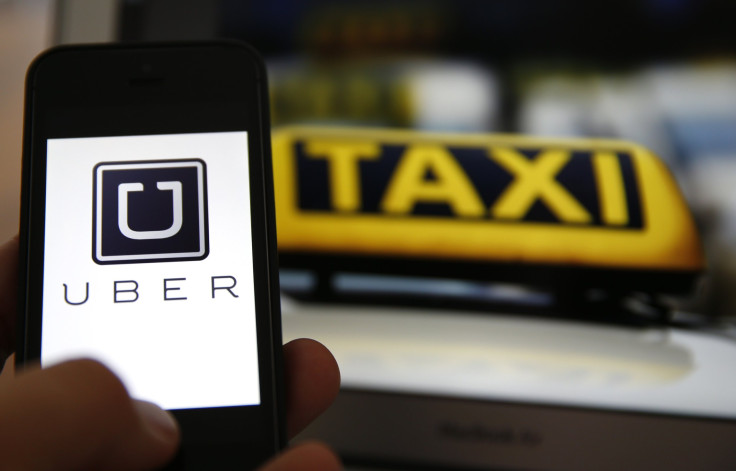Uber's India Chief Could Face Questioning By Local Police After Rape Charge Against Its Driver

This story has been updated to add Uber CEO Travis Kalanick's response to Friday's incident, and the New Delhi government's ban on the service.
NEW DELHI -- Late on Friday night, a 27-year-old woman was allegedly assaulted and raped in a cab affiliated to San Francisco-based Uber in New Delhi, India. While the incident, which comes nearly two years after the horrific Delhi gang rape of December 2012, again brings to fore the sorry state of women’s safety in the country’s capital, it also raises questions on how Uber, one of the fastest-growing private taxi services in the world, actually operates in India where it has been aggressively trying to garner market share by offering deep discounts.
The police have accused Uber of failing to run the appropriate background checks on the cab's driver, Shiv Kumar Yadav, who is suspected of raping the woman. And, according to reports, the same driver was arrested in December 2011 on charges of raping another woman, and reportedly spent seven months behind bars before being acquitted. Indian authorities are also reportedly preparing to question Uber’s India chief on Tuesday.
“We will work with the government to establish clear background checks currently absent in their commercial transportation licensing programs. We will also partner closely with the groups who are leading the way on women’s safety here in New Delhi and around the country and invest in technology advances to help make New Delhi a safer city for women,” Uber CEO Travis Kalanick said in a statement posted on the company’s blog on Monday. Shortly after, the New Delhi state government banned the company's cab service.
In February, The Verge had reported that Uber drivers in the U.S. “now need to undergo federal and county background checks,” leading to the question of whether such a system was adopted by the company in India, especially New Delhi, which has earned the notorious reputation of being the country’s “rape capital.”
Data released this year by India’s National Crimes Record Bureau points out that, among Indian cities, New Delhi has the highest number of reported rape cases. The capital registers more than 18 rapes for every 100,000 women. The same data further show that 93 cases of rape are registered in India every day.
The company has reportedly been silent on its verification system in India, except to say, in a statement, that, “Safety is Uber’s highest priority and in India, we work with licensed driver-partners to provide a safe transportation option, with layers of safeguards such as driver and vehicle information, and ETA-sharing to ensure there is accountability and traceability of all trips that occur on the Uber platform.”
In another post, the company added that it “exclusively partners with registered for-hire drivers who have undergone the commercial licensing process, hold government issued IDs, state-issued permits, and carry full commercial insurance.” Uber further said that it “also has a GPS trace and record of all trips that occur on the platform” and that the information had been shared with the police. However, local reports claim that the suspect in Friday's case did not have the necessary authorization from the state to operate a commercial vehicle.
This is not the first time an Uber driver has been accused of assault and the company has also been criticized for its driver-screening practices in the U.S. In September, an Uber driver in San Francisco was accused of a hammer assault and, in June, another driver reportedly kidnapped a female passenger. In September, Uber, along with other ride-sharing services Lyft and Sidecar were reportedly also accused of misleading customers on the issue of passenger safety.
As TechCrunch points out, Uber claims that it is “not a transportation company, but rather a technology service that matches seekers of transportation (riders) with providers of transportation (drivers).” Pointing to Uber’s legal terms and conditions, the blog also says that by accepting the company's terms, a customer is “acknowledging that each and every driver that picks you up in any city in the world is a third-party (not Uber), and thus, Uber is not responsible for any of their actions.”
Yadav is scheduled to appear in court Monday and his fate could become linked to that of Uber, which has big plans for the fast-growing Indian market after raising funds that value the company at $40 billion, according to Reuters.
© Copyright IBTimes 2024. All rights reserved.











